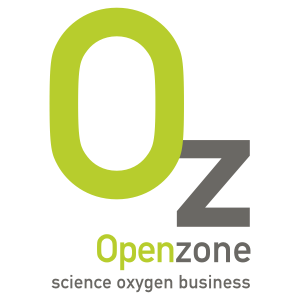
Zambon Presents Survey Results Showcasing Humanistic Impact of Bronchiolitis Obliterans Syndrome on Patients in the United States
Zambon, a multinational pharmaceutical company focused on innovating cure and care to improve people’s health and the quality of patients’ lives, today announced that the Company presented results from a study evaluating the humanistic burden of bronchiolitis obliterans syndrome (BOS) after lung transplant (LTx) or allogeneic hematopoietic stem cell transplantation (allo-HSCT) at the American Thoracic Society (ATS) 2023 Annual Meeting being held May 19 - 24, 2023 in Washington, D.C.
The study aimed to understand the humanistic experience of BOS from the perspective of patients and caregivers and to describe the economic impact of BOS treatment on the patient and their families, including challenges related to reimbursement and treatment access. Qualitative interviews were conducted with BOS physicians practicing predominantly within U.S. transplant centers or community-based practices (n=25 for LTx and n=25 for allo-HSCT, respectively) along with real-world data from patient charts to quantify the humanistic and caregiver burden. Approximately 2-3 patient record forms for diagnosed BOS patients were evaluated per site, comprising 61 LTx patients and 61 allo-HSCT patients.
Chief medical officer and R&D head at Zambon
The results of this survey highlight that patients diagnosed with BOS may face substantially increased mortality and high economic and humanistic burdens. The survey data presented at ATS show just how extensive this toll can be on patients and their caregivers. The potential for long hospitalizations, increased care costs, and the need for intensive support from family members and friends may further increase financial strain and caregiver burden. These findings reflect the urgency needed to develop new therapies that may help prevent or delay this devastating disease and improve the survival and quality of life for lung transplant patients.
Key observations included:
- Access to optimal treatment access and efforts to prevent the onset of BOS are essential. After BOS occurs, psychological support is very important.
- Beyond the first year after lung transplantation, BOS is associated with poor health-related quality of life (HRQOL) outcomes including decreased mobility and energy scores.
- Patients diagnosed with BOS require substantial support from a spouse, extended family members and friends above that required to assist patients with the LTx or allo-HSCT procedures alone.
- The majority of BOS patients included in this analysis reported negative impacts on their financial well-being and holistic disease burden.
- The economic burden of BOS after lung transplant is significant with annual mean costs per patient in the year following diagnosis totaling $174,000; increased costs may be driven primarily by long hospitalizations.
- Caregiver burden among lung transplant patients demonstrated a significant impact on general HRQOL including financial strain and caregiver HRQOL.
News
Via Antonio Meucci, 3
20091 Bresso MI
Cookie Policy
Privacy Policy
Codice Etico
Relazione d'impatto



